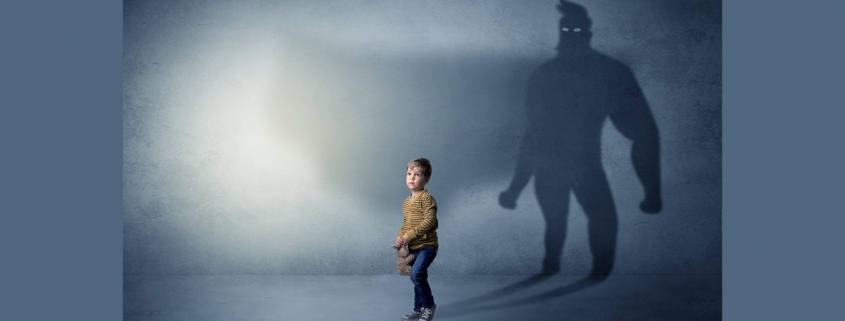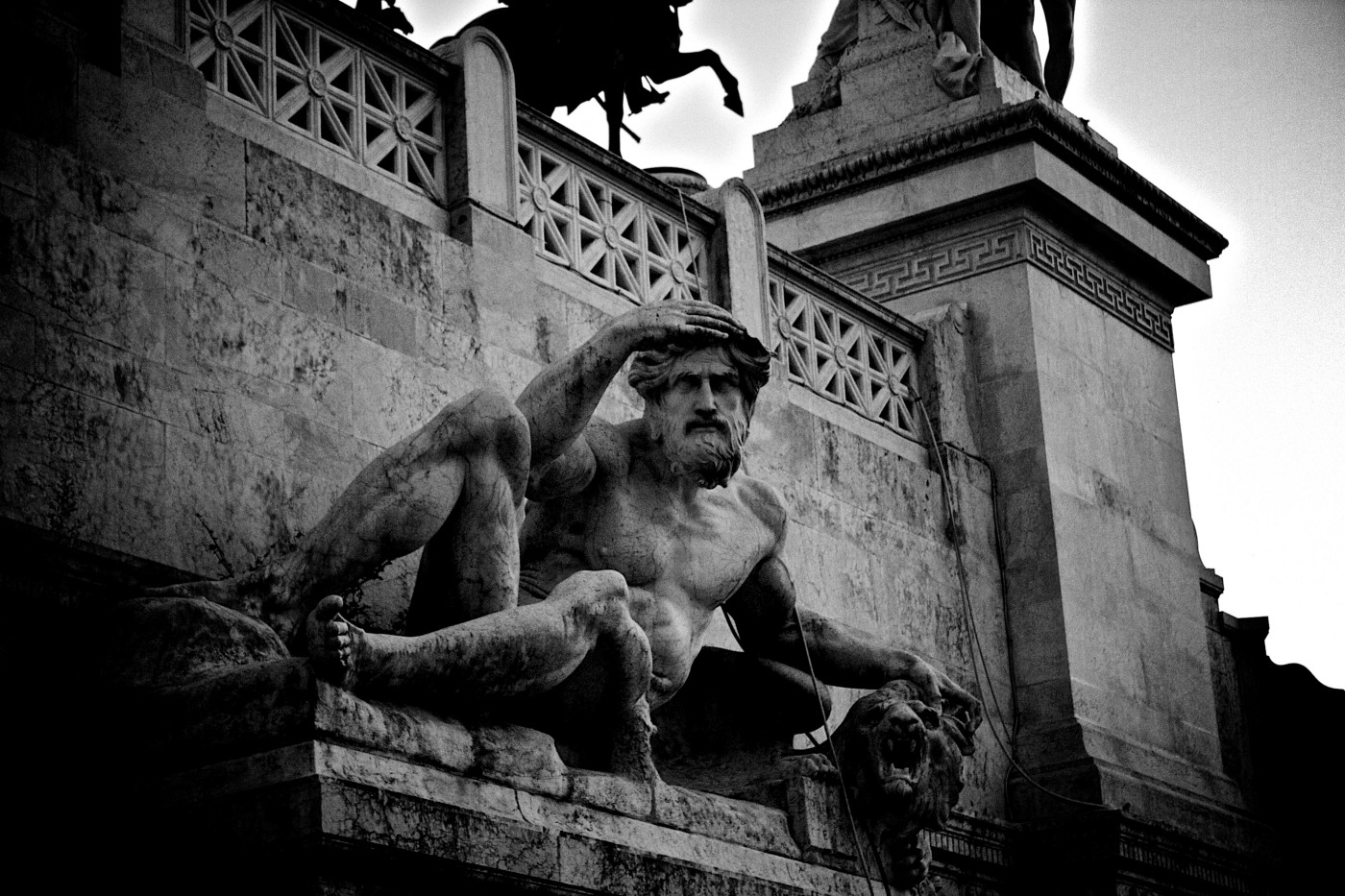What grief, denial and fear have to do with the evangelical fascination with Trump
This article originally appeared at Baptist News Global on January 26, 2024.
“Whether Trump means it or not is kind of irrelevant because he’s saying the things to people who are hurting,” filmmaker Michael Moore told a gathering of voters in his 2016 documentary TrumpLand. “It’s why every beaten down, nameless, forgotten working stiff who used to be part of what was called the middle class loves Trump. He is the human molotov cocktail that they’ve been waiting for, the human hand grenade they can legally throw into the system that stole their lives from them.”
Then after naming all the ways middle class people have been hurt by the system, Moore memorably proclaimed, “Trump’s election is going to be the biggest ‘F*** you’ ever recorded in human history. And it will feel good.”
That was eight years ago.
When we consider why Donald Trump voters were angry in 2016, it’s true many of them were moved by the pain of feeling left behind economically.
Moore suggested at the time that, despite using their vote as anger management, Trump voters would regret it in the weeks and months ahead. But contrary to his expectations, there was another significant angry segment of Trump voters whose support for Trump would only grow — white evangelicals.
“Many of the reasons white evangelicals are angry are based on theologically fueled prejudice against those they fear.”
Many of the reasons white evangelicals are angry are based on theologically fueled prejudice against those they fear rather than any legitimate hurt from being on the underside of “the system.” They are led by men like John Piper, who think men should be in charge of women, and others like Al Mohler, who want to enforce their convictions about sexuality on the general public under the threat of prosecution.
So white evangelical hurt that comes from lost privilege and power is easy to dismiss.
Still, whether their hurt is legitimate or not is “kind of irrelevant” because their feelings are real and need to be processed or their hurt will release as pent-up rage that will destroy us all if they gain the power to promote the retribution Trump vows to bring during a second term.
What we need to consider is why white evangelicals are strangers to grief and how those of us who have left white evangelical spaces can enter into grief as a path toward a justice that restores.
The danger of sorrow in glory hierarchies
For most of my life, I lived in the crystal-clear certainty that justice meant every person who has ever lived will spend eternity either in heaven or hell. Everyone who refused to submit to the most high God would be punished forever in hell. But the relatively few of us who trusted in Jesus taking our punishment on the Cross had the hope of resurrecting in heaven forever.
This meant when gramma died, we desperately had to hope she believed in penal substitutionary atonement. If she didn’t, then God would immediately rip her from her hospital bedsheets and hurl her fragile, tired body into the flames of hell. In this reality, our hope would be forgetting she ever existed or that God would transform our desires to delight at the sight of her suffering.
But if she believed in penal substitutionary atonement, she could sing songs, eat grapes and have painless pleasures forevermore. In this reality, even though we would feel sorrow over her absence to some degree, we sorrowed not as those who didn’t have the hope we had for her afterlife in heaven.
Ryan Chase, of Desiring God, explains: “Those who believe in the resurrection of Jesus are decidedly not to grieve in whatever way feels right to us, nor are we to grieve like those who have no hope. Rather, we are called to grieve in ways that make much of Jesus, our glorious Savior who died and rose and is coming again.”
To those who are feeling the unspeakable depths of loss, Chase warns, “Pain does not justify sin; only Christ can justify sinners. And in Christ, there is a greater comfort available to the heartbroken than handing us over as slaves to our own emotions.”
The glory hierarchy’s ‘golden opportunity’ of cancer
When my wife, Ruth Ellen, was diagnosed with stage three breast cancer in 2021, some evangelicals told us it was a shame we weren’t attending a conservative evangelical church anymore. But as the chemo treatments started, her hair began to fall out and her body began to brittle away to the point where I looked into her eyes and didn’t recognize her anymore, what we needed was others to be present in the unspeakable grief of our condition.
Every morning, she woke up, put on her clothes and wig and drove to work, while I took care of our five kids under the age of 11. Then at the end of every work day, when she collapsed on the couch, I kept going, cooking, cleaning, putting kids to bed.
“Neither of us could imagine going through that while having to accept and celebrate white evangelical glory hierarchies.”
Neither of us could imagine going through that while having to accept and celebrate white evangelical glory hierarchies.










Leave a Reply
Want to join the discussion?Feel free to contribute!